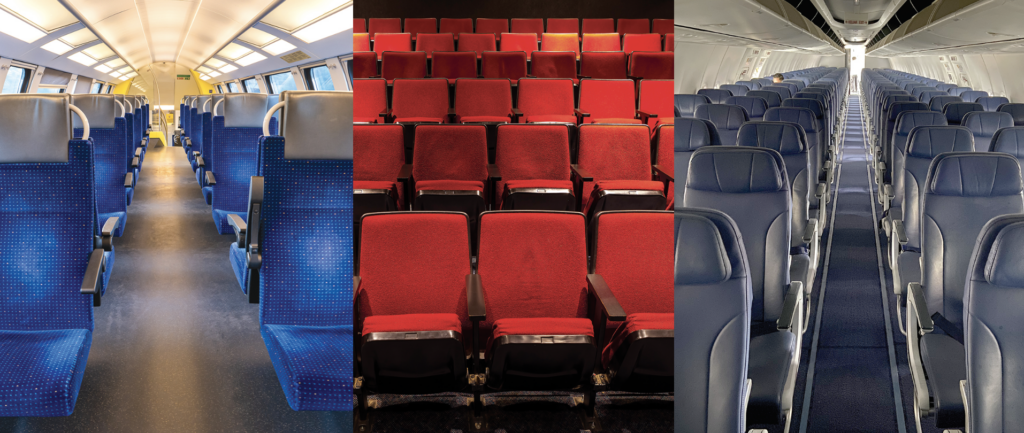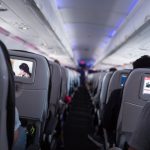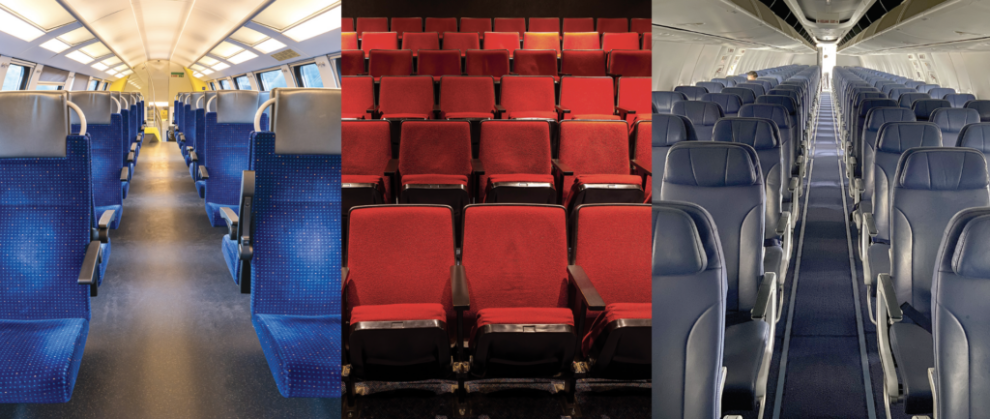Over the last several years, Dallas-based Southwest Airlines has been plagued with operational issues, including staffing and fleet problems. These difficulties have caused the carrier to pull out of some airports and have plummeted its bottom line. One solution Southwest is looking at to help right things financially is assigned seating.
The airline announced on its investor relations website that it had “decided [to] assign seats and offer premium seating options on all flights,” likely early next year, “after listening carefully to Customers and conducting extensive research.”
Southwest told investors in late July that it had “conducted robust operational testing that included live and over 8 million simulation-based boarding trials” to ensure that an assigned seating-based system will not disappoint customers or hurt “operational efficiency.”

Perhaps even more surprising, the airline had found that “80% of Southwest Customers, and 86% of potential Customers, prefer an assigned seat.” Thus it was abandoning its “unique open seating model [in place] for more than 50 years.”
The airline is also giving many of its airplane cabins a facelift and introducing more flights at certain locations, including red-eye overnight flights. The airline announced all of this as “the next step in a continuing strategic transformation.”
Fines and bottom lines
Whether or not the fixes will help is all up in the air, but the difficulties the carrier is facing are well known.
Last December, the Department of Transportation announced a $140 million penalty against the airline, a record, “for numerous violations of consumer protection laws during and after the operational failures that canceled 16,900 flights and stranded over two million passengers over the 2022 Christmas holiday and into the New Year.”
The penalty was “30 times larger than any previous DOT penalty for consumer protection violations” and came “in addition to the more than $600 million in refunds and reimbursements that DOT already ensured Southwest provided passengers who faced travel disruptions during the operational meltdown,” the department announced in a news release.
Normally, such fines are bargained down after they are broadcast, but Transportation Secretary Pete Buttigieg was facing immense pressure to put some teeth in enforcement. His department made sure Southwest agreed to pay the fine before it was announced.
This all hammered Southwest’s stock price and shook the confidence of investors. It stood at a high for the last five years of $63.42 on April 9, 2021, and fell to a low of $22.34 on Oct. 27, 2023, leading up to what amounted to a legal settlement with the government.
The price has since recovered, but not fully. Southwest stocks were at $30.49 per share at press time. A decent holiday showing and next year’s seating and flight changes could improve it further.
Boeing, Boeing, gone
A big problem that Southwest faces is the supply of new wings. Its fleet is all Boeing airplanes. Boeing has had problems delivering planes to airlines because of 737 Max crashes, a door flying off a plane in flight, other safety concerns, striking workers, and legal woes.
Southwest expected more than 80 new planes from Boeing this year. So far, it has received a fraction of that order. The airline had to take the 737 Max 7 out of its plans for this year entirely because of government certification delays.
In August, the airline pulled all operations out of four airports: in Houston; Syracuse, New York; Bellingham, Washington; and Cozumel, Mexico. It also cut 2,000 jobs this year, or about 3% of its workforce.
The problem is not just that the airline doesn’t have enough airplanes. It also doesn’t have enough of the right size of planes.
Of Southwest’s fleet of 816 aircraft, 381 are Boeing 737-800s, according to Flight Radar 24. These are larger planes, requiring more crew and thus giving the airline less flexibility than more nimble aircraft.
Southwest has publicly ruled out buying planes from Boeing’s chief competitor, the European aerospace company Airbus. However, if Boeing can’t get the “all clear” from U.S. regulators, the airline is either going to have to abandon more airports or explore other fleet options, including buying other airlines for the planes.
Wave of the future?
Abandoning its open seating model has several benefits for Southwest. It can now differentiate and upsell, charging more for window or aisle seats or more legroom, for instance. “Status” is a major concept that frequent airline travelers embrace, and it can be lucrative for airlines.
Assigned seats have also become more common in other forms of transportation. Amtrak greatly expanded assigned seating in its business class cars in the Northeast in 2020.
“Our assigned seating offering in Acela first class has proven to be popular, efficient, and an improvement to the customer experience, so it’s only natural that we expand it onto more of our trains,” Richard Anderson, then Amtrak’s CEO and president, said at the time. “We’re proud to offer Northeast Regional business customers the same perk that Acela first class customers already enjoy that benefits the onboarding and traveling experience.”
And while unassigned public transportation continues to stagnate below its pre-COVID-19 levels, Uber and other rideshare services with more intimate assigned seating are surging forward.
Sit-still things are also embracing assigned seats and in seemingly ever greater numbers. Most movie theaters, for instance, used to be “seat yourself.” Now most have reserved seating, at prices that would have made the previous generation’s matineegoers wince.
Box-office receipts have not exactly prospered. In 2019, with open seating and lower prices, theaters did $8.8 billion in movie sales. Last year, with reserved seating, they did $7.3 billion. This year, so far, the total is $6.4 billion, according to Box Office Mojo.
CLICK HERE TO READ MORE FROM THE WASHINGTON EXAMINER
There remains the possibility that Southwest will not stick the landing on this new policy. It’s also possible that this change will be overwhelmed by the company’s other problems.
Polling doesn’t necessarily work the same way in business as it does in politics, where 80/20 is a crushing victory. In business, if a firm changes things and manages to drive off 20% or even 10% of its existing user base, that becomes a serious problem for the bottom line.
























